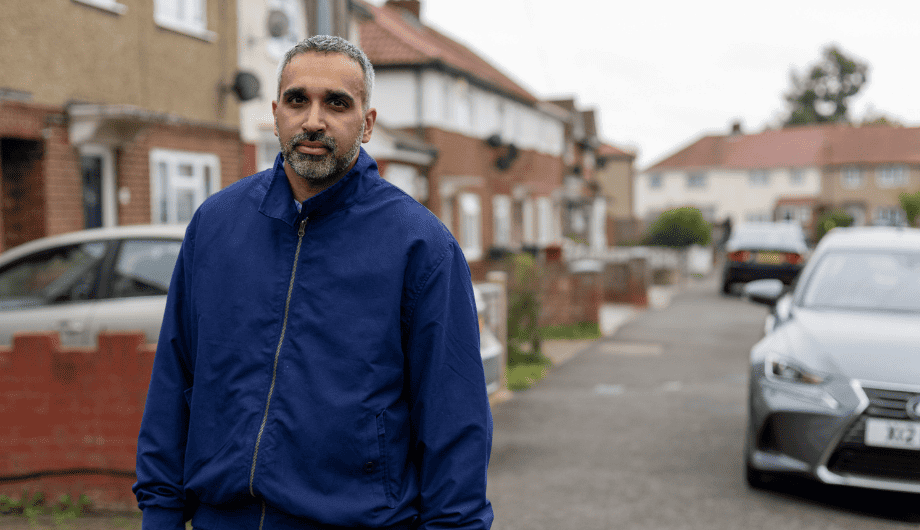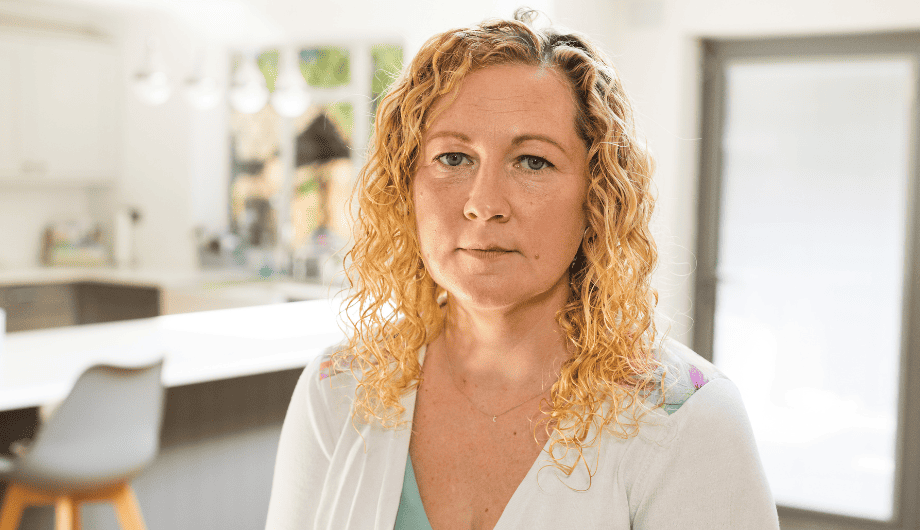
Saïna’s story – A song for my beloved grandpa, Ralph
Saïna opens up about how her grandfather’s dementia has affected her, and how songwriting has provided a release.
People with dementia may need help with managing appointments, prescriptions and other services with their GP, particularly if they also have other health conditions and/or take medication.
GP online services can help you manage healthcare matters on behalf of the person you care for.
Read our advice on getting the best out of your GP and other health appointments.
Online GP services allow you to:
Online GP services are available 24 hours a day and can be accessed wherever you are. You can access them on a computer, phone or tablet. You can also download the NHS app as an easy way to manage your healthcare in one place.
If you care for someone with dementia, you may wish to set up an online GP account on their behalf, or access their existing online account.
To do this, you must be named a ‘trusted person’ by the person and their GP. Your GP might refer to this as ‘proxy access’.
To appoint you as a trusted person, you will need consent from the person with dementia.
To be able to consent, the person must have the mental capacity to make an informed decision – the GP can assess whether they have capacity.
If the person is deemed to have capacity, you will be asked to fill in a three-part form from their GP surgery.
You will then need to visit the GP together, both taking photographic ID such as a passport or driving licence.
The GP may ask to see the person with dementia alone to ensure they are happy for you to be their trusted person, and to ask whether there is any information that they would like kept private.
The decision on whether to appoint you as a trusted person may take around two weeks.
If the need is urgent, ask to speak to the GP, as they may be able to make the decision more quickly.
The GP can decide not to give you access to any or all of the person’s online services if they feel it is not in their best interests.
Bear in mind that dementia is a progressive condition, so the person is likely to get to a stage where they no longer have capacity to make decisions. For this reason, it is a good idea to submit your request to become a trusted person soon after diagnosis.
As dementia progresses, the person with the diagnosis may get to a stage where they no longer have capacity to make some decisions.
In this situation, the GP may be able to name you as a trusted person without the person’s consent.
However, accessing online GP services for a person who lacks capacity is much easier if you set up a lasting power of attorney (LPA) while they are still able to make informed decisions.
This is a legal document that appoints a person (or persons) to make decisions on someone’s behalf if they are unable to do so.
There are two types of LPA: one for health and welfare, and another for property and financial affairs.
You can make one type or both, but the health and welfare LPA is the one that will allow you to make decisions about health and social care on the person’s behalf.
Being named an attorney for health and welfare does not guarantee that the GP will nominate you as a trusted person if the person with dementia cannot consent, so it is still advisable to apply to become a trusted person while they have capacity.
It is also helpful to register as a carer with your own GP. They will have a carer registration form for you to complete.
This will entitle you to carer’s support such as health checks, mental health support, and free flu jabs.
To speak to a dementia specialist Admiral Nurse about using GP online services or any other aspect of dementia, call our free Helpline on 0800 888 6678 (Monday-Friday 9am-9pm, Saturday and Sunday 9am-5pm, every day except 25th December), or email helpline@dementiauk.org.
If you prefer, you can pre-book a phone or video call appointment with an Admiral Nurse.
Our free, confidential Dementia Helpline is staffed by our dementia specialist Admiral Nurses who provide information, advice and support with any aspect of dementia.

Saïna opens up about how her grandfather’s dementia has affected her, and how songwriting has provided a release.

Ricky’s talks about how his Gran’s dementia diagnosis impacts his whole family and why he is supporting the ‘We live with dementia’ campaign.

As a carer for her mum, who has vascular dementia, Clare is taking part in our ‘We live with dementia’ campaign to make more people aware of the support our nurses offer.